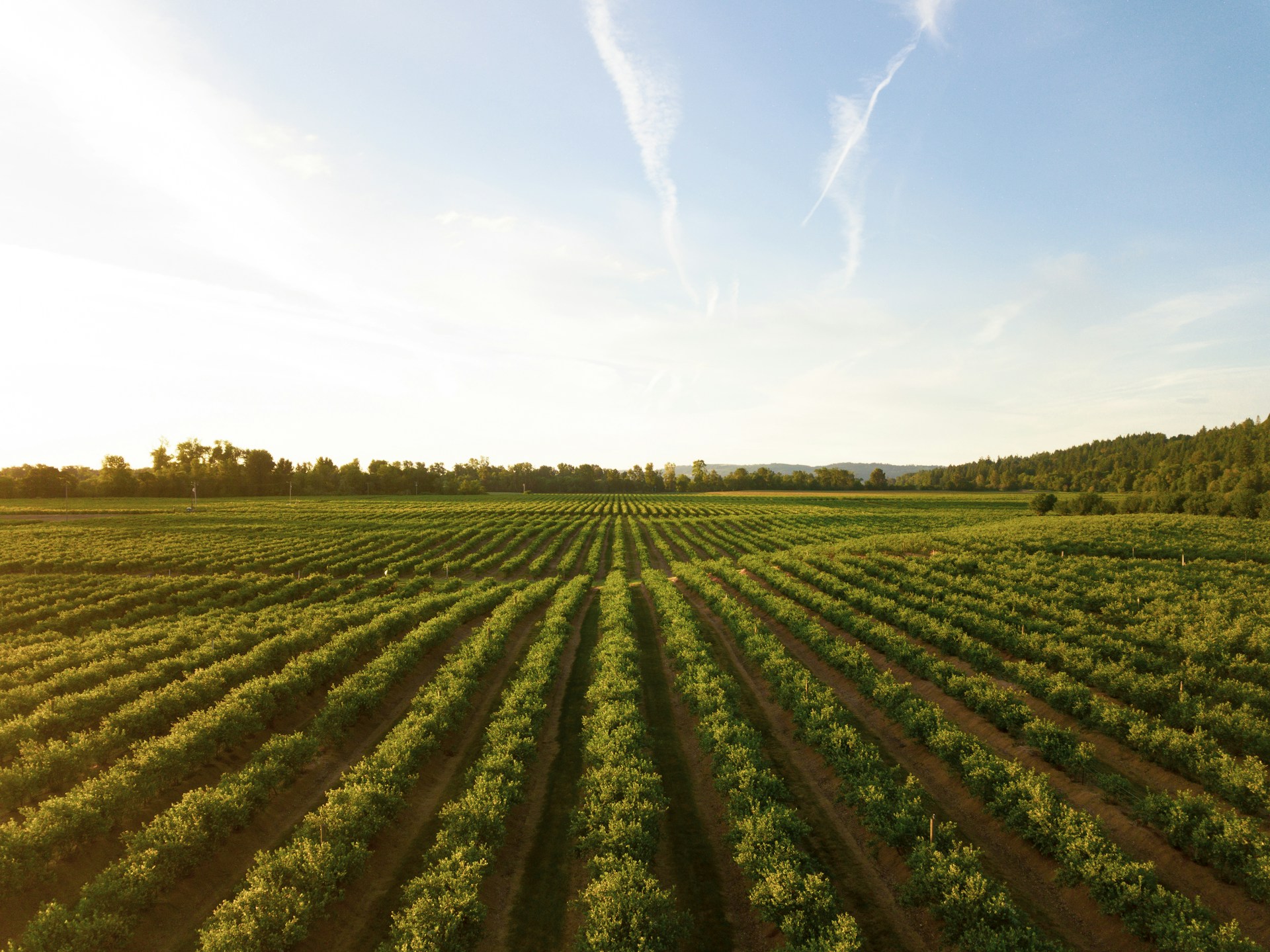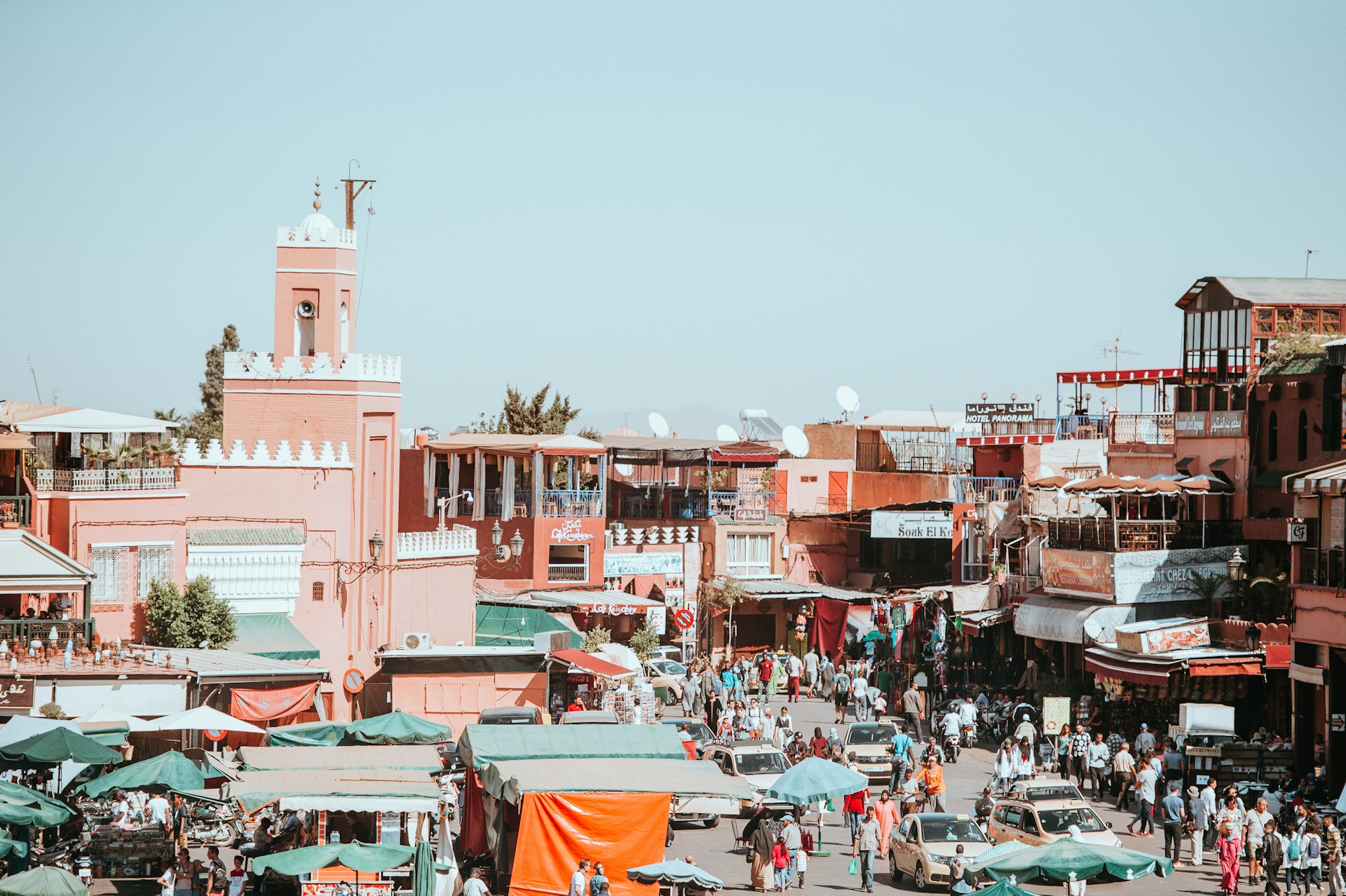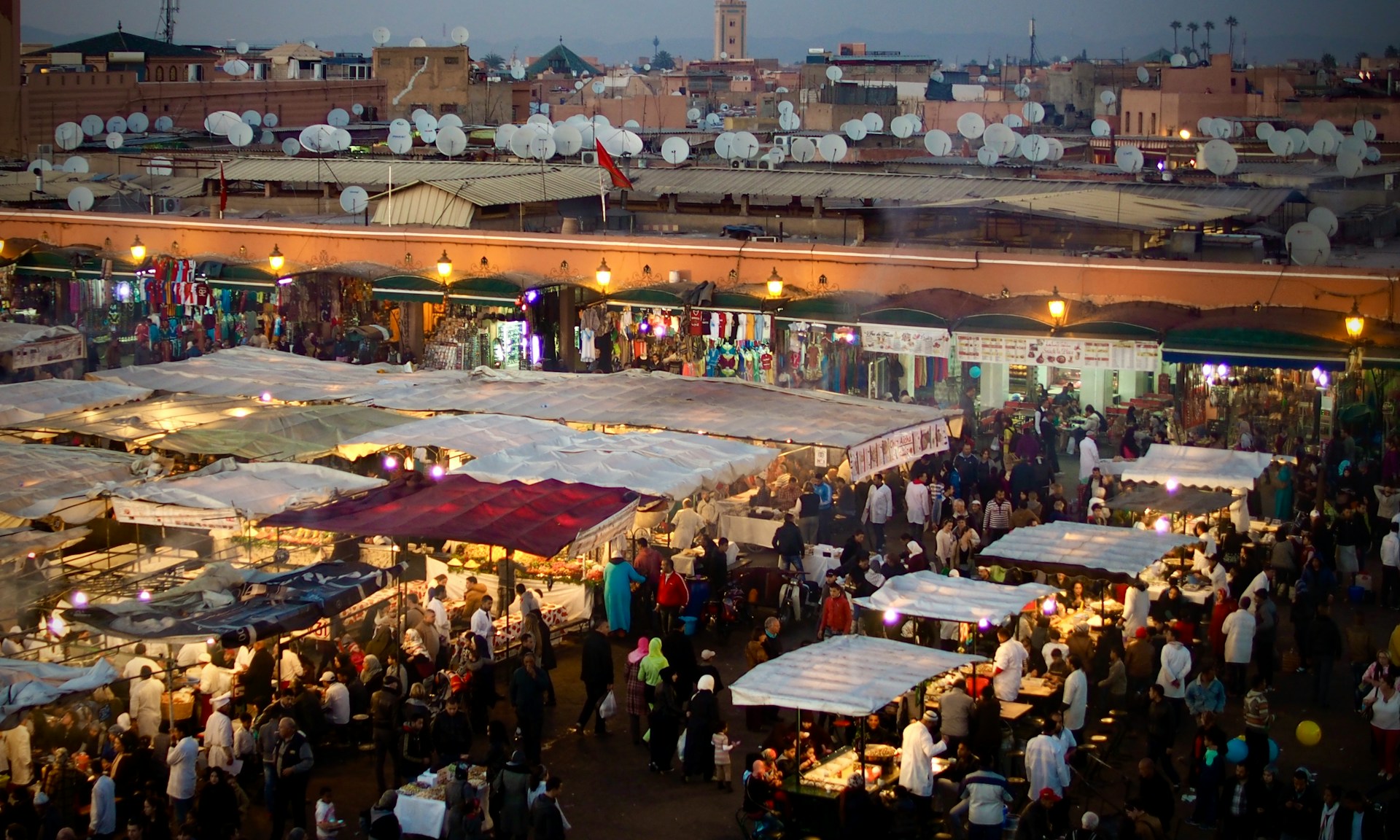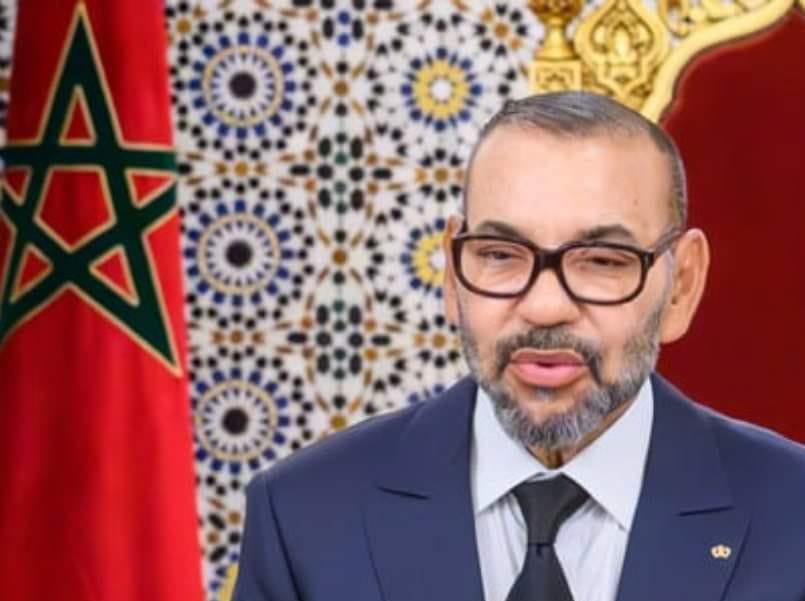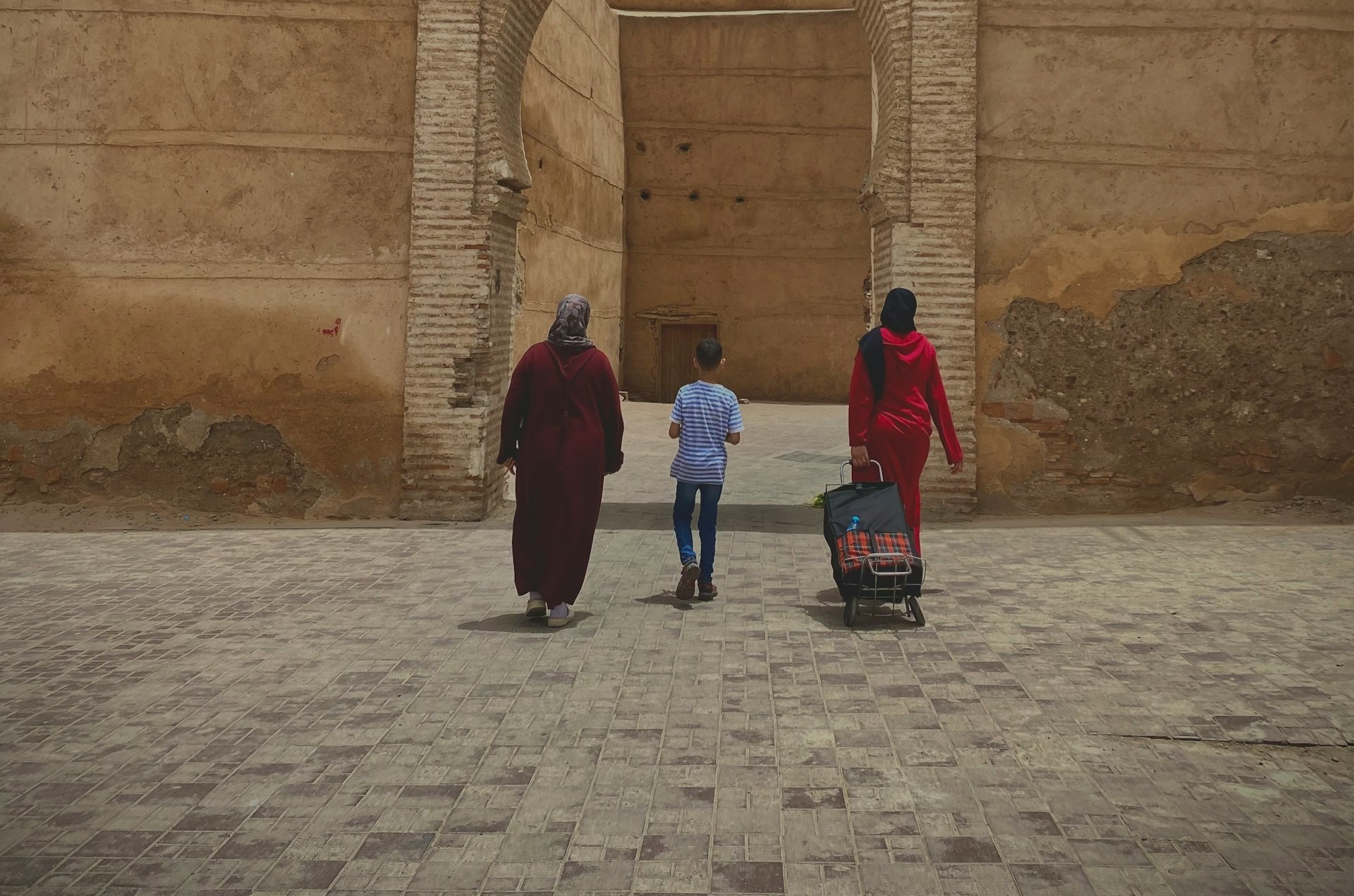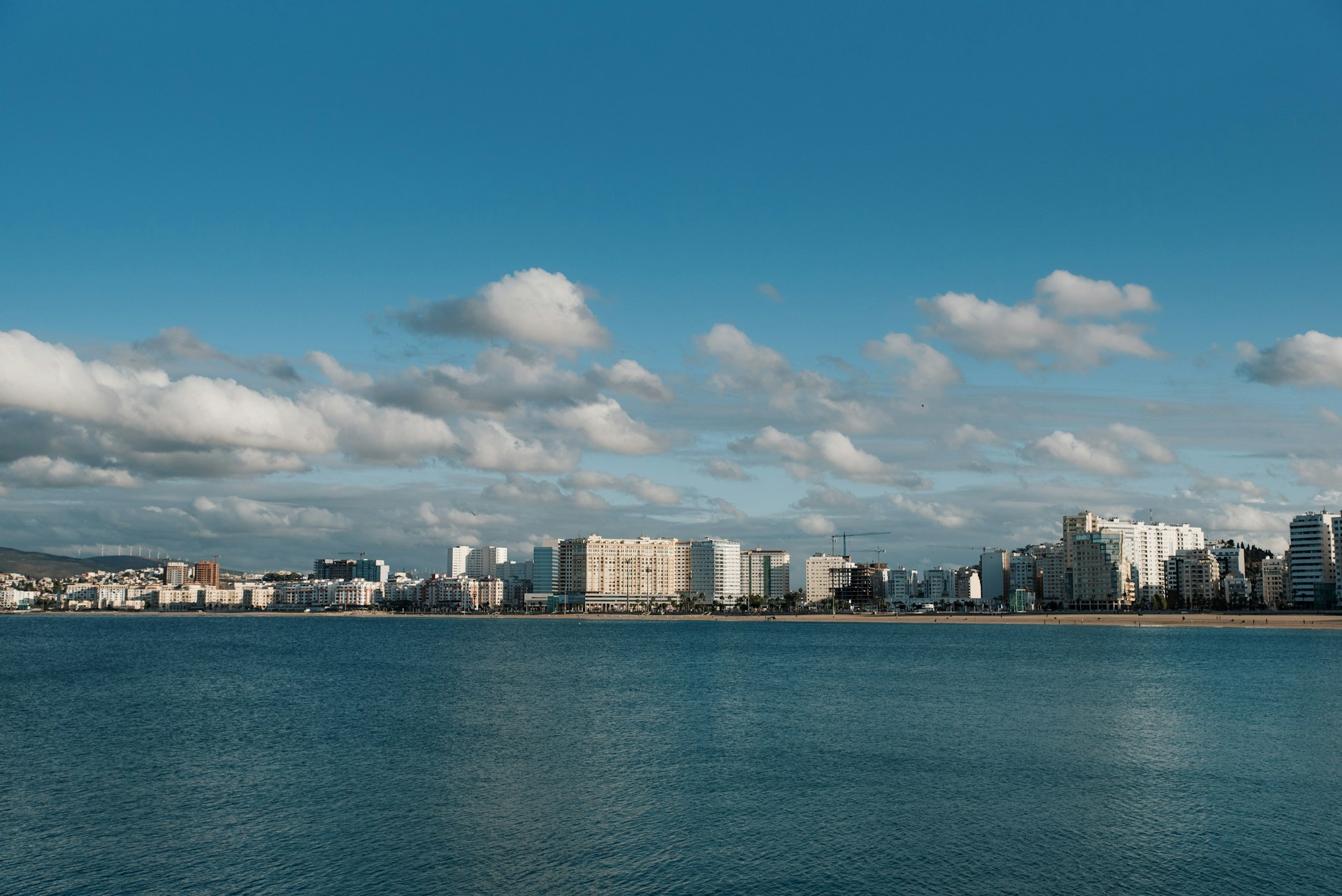Casablanca – Leila Benali, the Moroccan Minister of Energy Transition and Sustainable Development, announced that 16 new companies have been approved to engage in the distribution of liquid petroleum products, raising the total number of distributors from 19 to 35. During a presentation on the energy strategy to a temporary working group on energy transition at the House of Representatives, she highlighted that 8 additional companies received preliminary approval for distribution activities. Notably, 78% of the new service stations established by these companies are located in rural areas.
This development follows the ministry’s decision to simplify the conditions for granting licenses, aligning with recommendations from the Competition Council regarding the licensing of private sector distributors. Benali emphasized that since the current government’s term began, 590 fuel stations have been established with an investment of approximately $182 million, creating 2,950 job opportunities.
Regarding consumer purchasing power, Benali pointed out that while the price of butane gas cylinders is gradually increasing, the government continues to subsidize this product. She explained that a 12 kg butane cylinder costs $5.36, while its actual price is $10.50; for a 3 kg cylinder, the price is $1.44, with a real cost of $2.73. She also mentioned that electricity tariffs have remained stable despite rising prices for raw materials used in electricity generation, such as fuel oil and coal.
Benali acknowledged several challenges facing the petroleum sector, including the need to enhance storage capacities to meet the legal requirement of 60 days, support for the liberalization of petroleum product prices, and improvements in governance and regulation to adapt to changes in the sector both domestically and internationally. She also mentioned efforts to simplify and digitize administrative licensing processes.
In addition, the minister indicated that private sector projects set for completion by the end of 2024 will boost storage capacity by around 20,000 cubic meters, with an investment of approximately $20 million, allowing for an additional day of diesel consumption and two days for premium fuel. Looking ahead to 2026, she noted plans to create an additional storage capacity of 324,000 cubic meters with an investment nearing $77 million, which will provide 11 extra days of national consumption for both diesel and premium fuel, and two days for butane gas.
According to Benali, national consumption of petroleum products was about 11.7 million tons in 2023, reflecting a 2% decrease from 2022. Diesel accounted for 52% of total consumption, while butane gas made up 24%.
Benali confirmed that current petroleum storage capacity stands at around 3 million cubic meters, with 2.2 million cubic meters for liquid petroleum products, 90% of which are connected to ports. Additionally, there are 799,000 cubic meters of liquefied petroleum gases, with 91% also linked to ports.
On actions taken in the petroleum sector, the minister stated that a technical committee is working with the Compensation Fund to clearly define commercial stocks, strategic reserves, and emergency stocks, as well as to establish oil reserves that can mitigate the impact of international price fluctuations on the national market.
Finally, she highlighted that a committee focused on planning energy infrastructure is working to balance energy flows and develop necessary infrastructure to enhance Morocco’s logistical competitiveness and ensure energy security. Moreover, a committee involving the ministry and sector stakeholders is pursuing legislative reforms to modernize the petroleum sector and accelerate reform initiatives through improved governance and restructuring for increased competitiveness.







